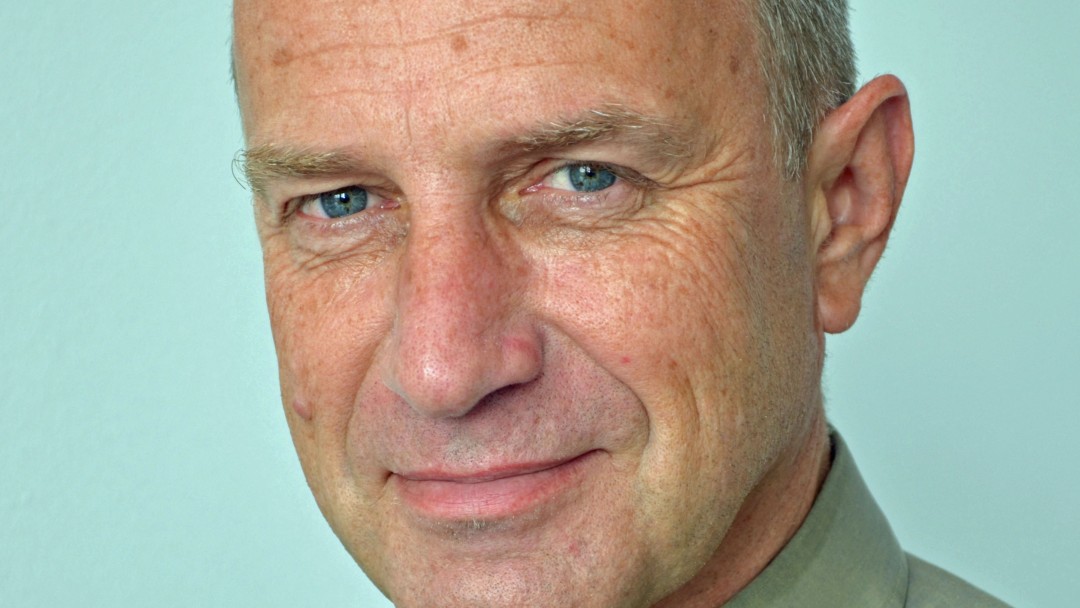News from 2015-01-09 / KfW Development Bank
Behaviour needs to change too
Malnutrition is a challenge
Doctor and Africa expert Dr. Kai Gesing reports on his experiences as a doctor in Africa and the fight against hunger.
Mr Gesing, what do you work on specifically?
As early as the 1960s, malnutrition was already a development challenge. It's a question of making food available to everyone. Of course, producing more food helps solve acute problems. But as a doctor, I also look at which foods are used and how; is their nutritional value high enough, do they contain enough vitamins and minerals? For instance, 50 per cent of children in many countries in Africa are poorly nourished because their diets are too one-sided.
You worked for four years in Burkina Faso …
Yes, I was the chief physician at a hospital. I had a ward with malnourished patients. Young mothers often don't know enough about healthy nutrition. A big problem in West Africa is also that mothers suddenly stop breastfeeding their children because they are pregnant again. This is based on a taboo, a cultural issue. The children, who are suddenly not being nursed anymore, have to change their eating habits and don't get enough to eat compared to their older siblings.
What is needed to ensure food security?
The most important thing is that food is available; it also involves healthy and varied food preparation just as it does hygiene, clean water and education; the poor also need a social safety net when their crops fail and to cover the costs of illness. To eliminate malnutrition in the long run, efforts have to be made across-the-board in several sectors.
What is KfW doing?
The focus of the agricultural projects that KfW Development Bank has funded on behalf of the German Federal Government over the last 20 years has been on poverty reduction and food production. Farming methods have been improved and support provided for small businesses. We also give funding for school meals. It's important to remember that the first years of life, and therefore nutrition, are critical for the development of the brain. Children have proven to perform better in school when they are not hungry. Certain diseases also cause malnutrition. We also therefore support hospitals and health units so that children are able to completely digest food again as quickly as possible, and their development is not hindered as a result.
What are some of your success stories?
KfW has had good experience with projects that involve changing behaviour – which is an important element in eliminating chronic malnutrition. A good example is awareness-raising campaigns to protect against HIV/AIDS or to help deal with the disease. The number of new HIV infections has finally started to go down in many countries in Africa. Other projects have focused on education to ensure that people who are HIV positive are sufficiently nourished and have clean drinking water.
Does this mean you are optimistic?
Population growth is the greatest challenge for me when we talk about food security. When I was at school, overpopulation was already an issue. At that time, the focus was Asia. Today, it's hardly about countries like China or India anymore. I believe that the extreme growth trends in Africa are also slowly beginning to stabilise. But in some countries where very traditional farming methods are still prevalent, like densely populated Burundi, the challenges are still enormous.


Share page
To share the content of this page with your network, click on one of the icons below.
Note on data protection: When you share content, your personal data is transferred to the selected network.
Data protection
Alternatively, you can also copy the short link: https://www.kfw-entwicklungsbank.de/s/enzBWrMC.-IA
Copy link Link copied